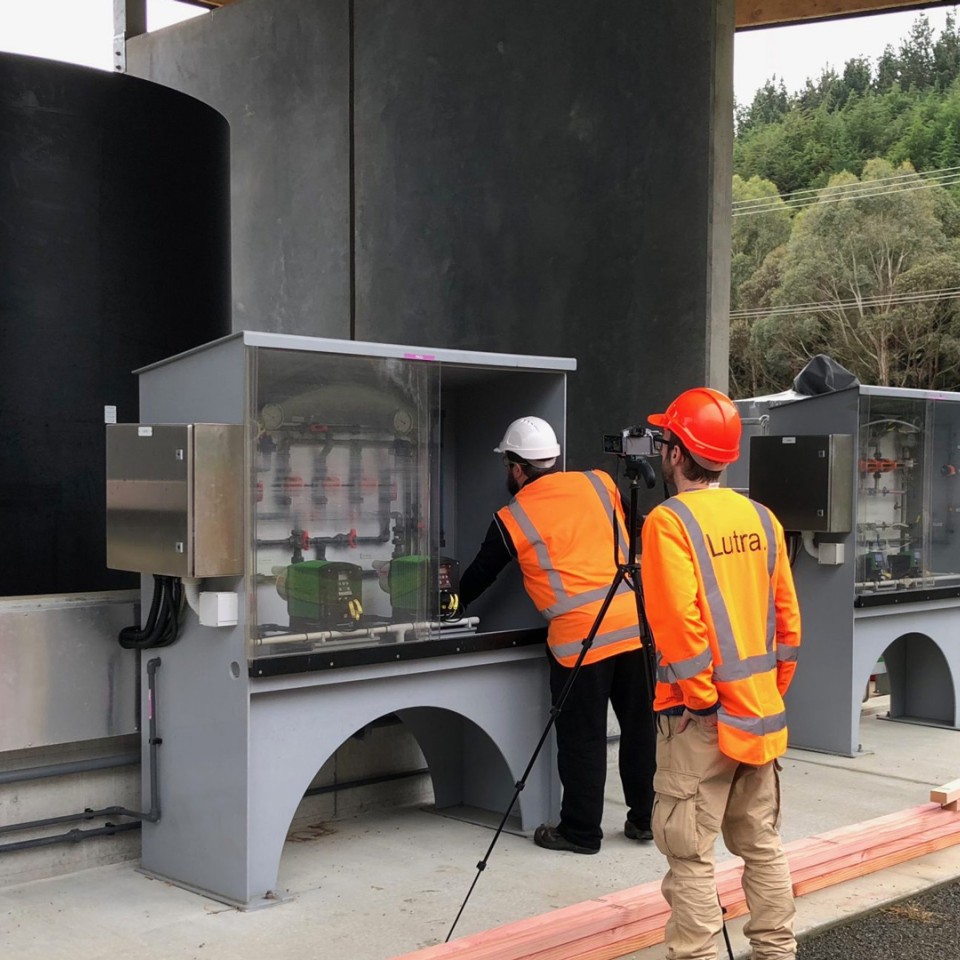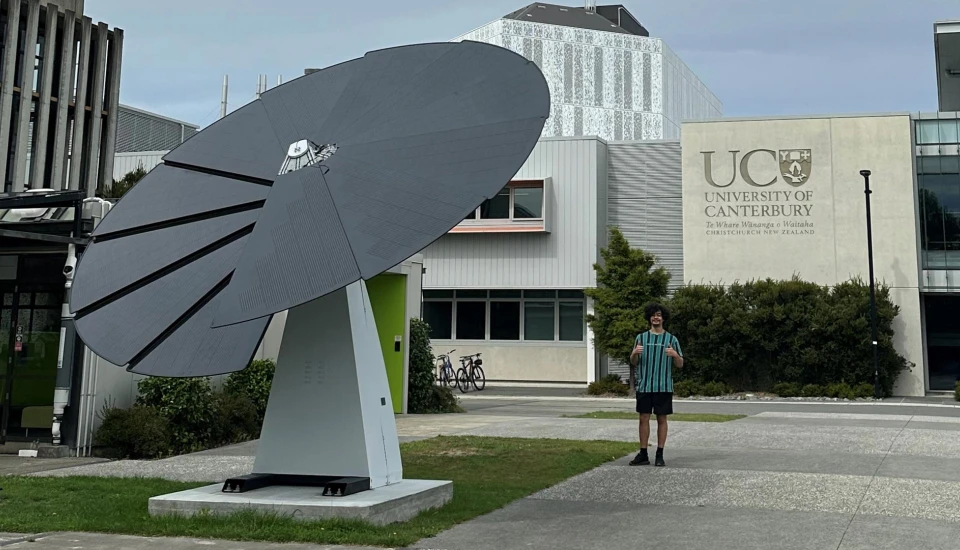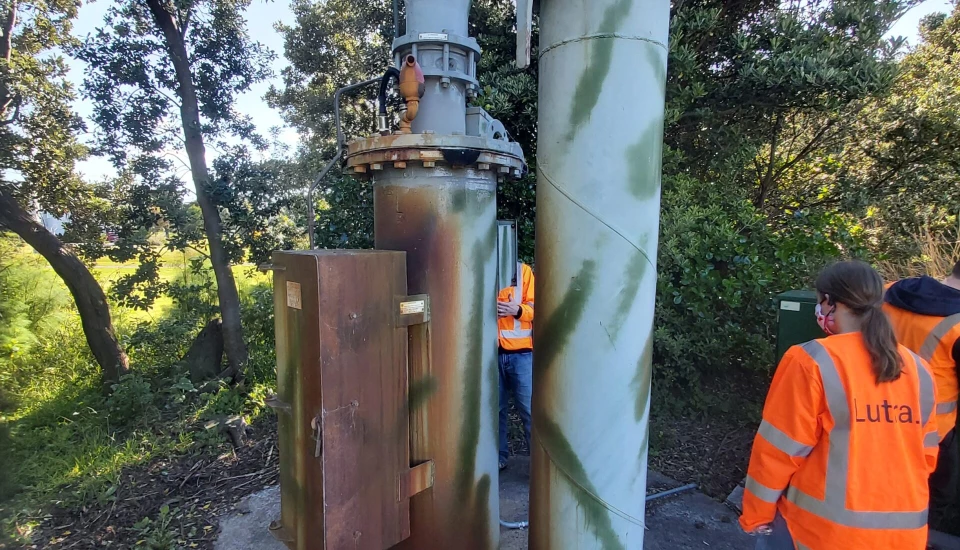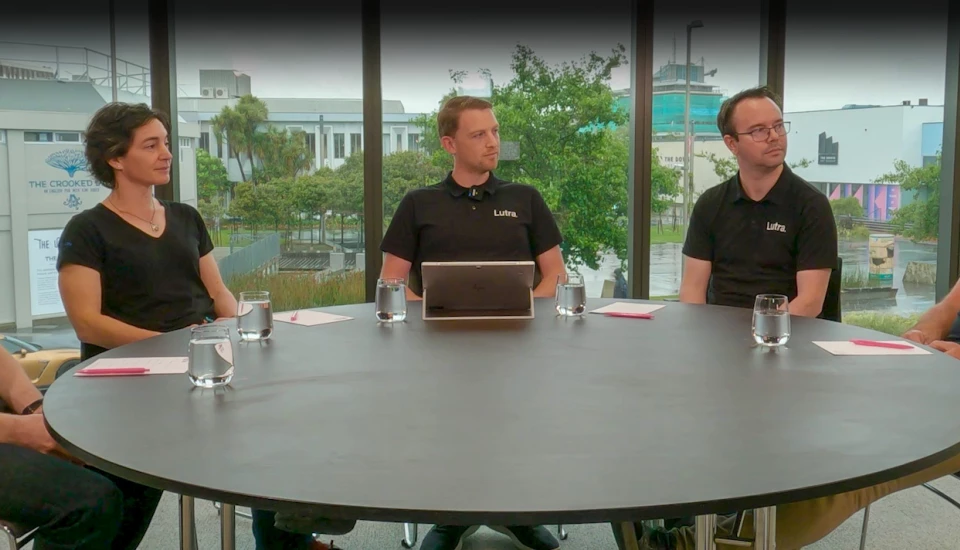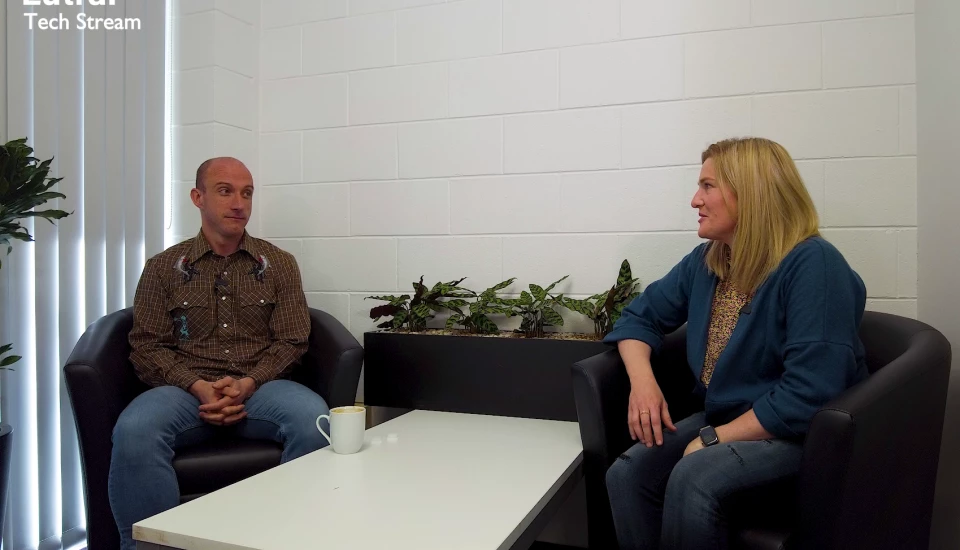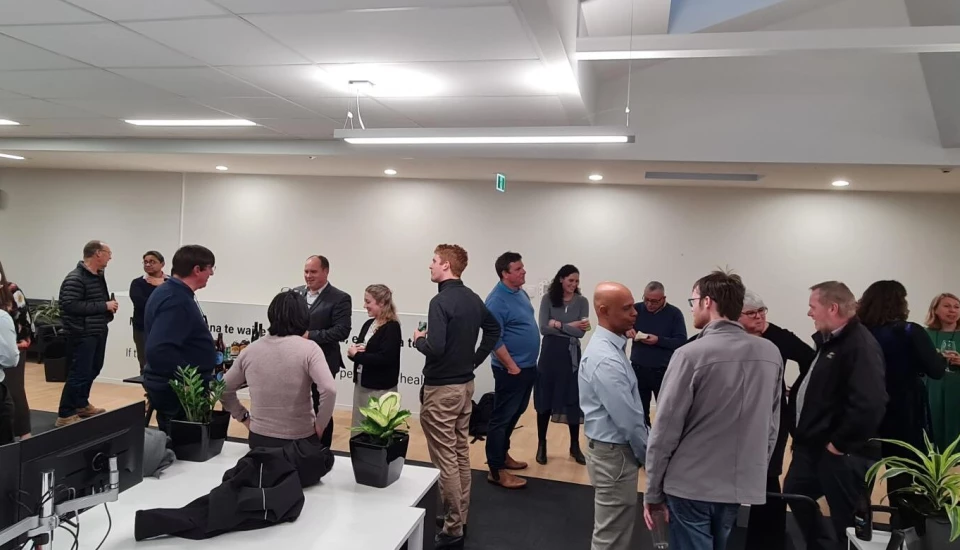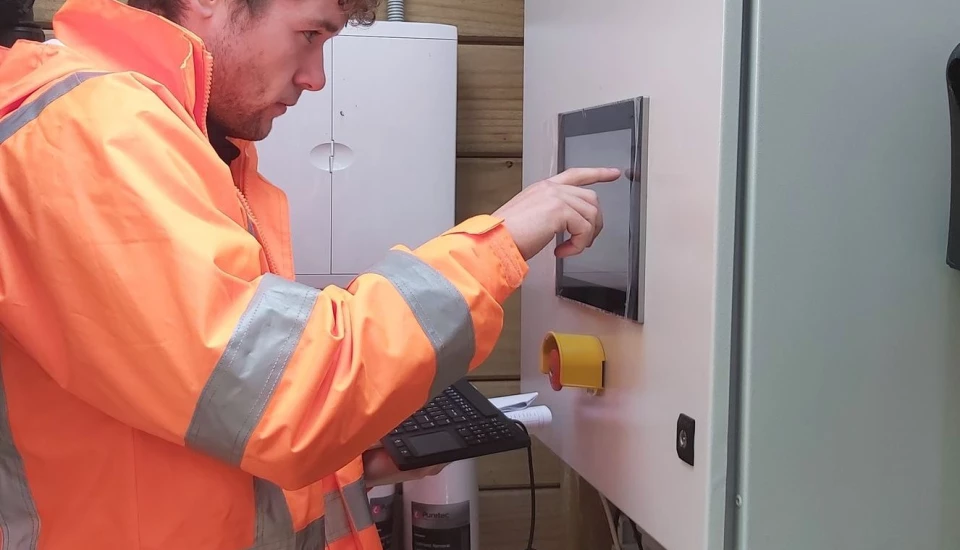The Staffing Problem
The water and wastewater treatment industry currently faces a critical challenge with an ageing workforce and a lack of new recruits. This has been particularly apparent in operations teams in New Zealand, and with many water treatment entities being dangerously understaffed. Working with the bare minimum number of operators leaves utilities with no resilience to cover cases of emergency such as pandemics and natural disasters or even simply missing resources due to turnover.
The lack of new recruits to shore up operations teams is a major issue, one that the industry needs to find a way to address. But what if it did and tomorrow 10,000 bright eager recruits showed up to start their training? How would you train them without also placing excess burden on your already over-worked staff?
We know that hands-on training is the best way to train an operator, but it is the most time-intensive and takes away time from your current staff to do their actual job of running and operating your treatment plant.
Another issue that comes from both the high turnover of staff in the industry and the older age of many senior operators, who are often reaching retirement age is the loss of institutional knowledge. Almost every treatment plant has slight differences, often with very specific peculiarities, that may affect the way a process is operated or maintained. If you lose a staff member, these small differences may be forgotten or lost, affecting your plant's performance, and resulting in time wasted on troubleshooting or even compliance issues.
This means that simply learning from written manuals is not enough, they don’t show recruits how to practically perform the necessary tasks, with most manuals being general instructions that do not contain plant-specific instructions. Even if your manuals were created specifically for your plant, there is a common issue at many water suppliers that documentation is not well managed, or easily accessible, with certain documents on one digital platform, and others simply printed and filed or just floating around onsite. This often means that even if well-written specific instructions are available, they are often hard to find.
Another common issue is a lack of detailed documented training plans and records to go with them, which makes it difficult for both trainees to know what they are supposed to learn, their trainers to know what they are supposed to teach and managers to know what has been completed. Regulatory authorities usually require that training is provided and evidenced. In New Zealand, at least this currently seems to be taken very lightly, but this may become a serious issue if any treatment issues arise.
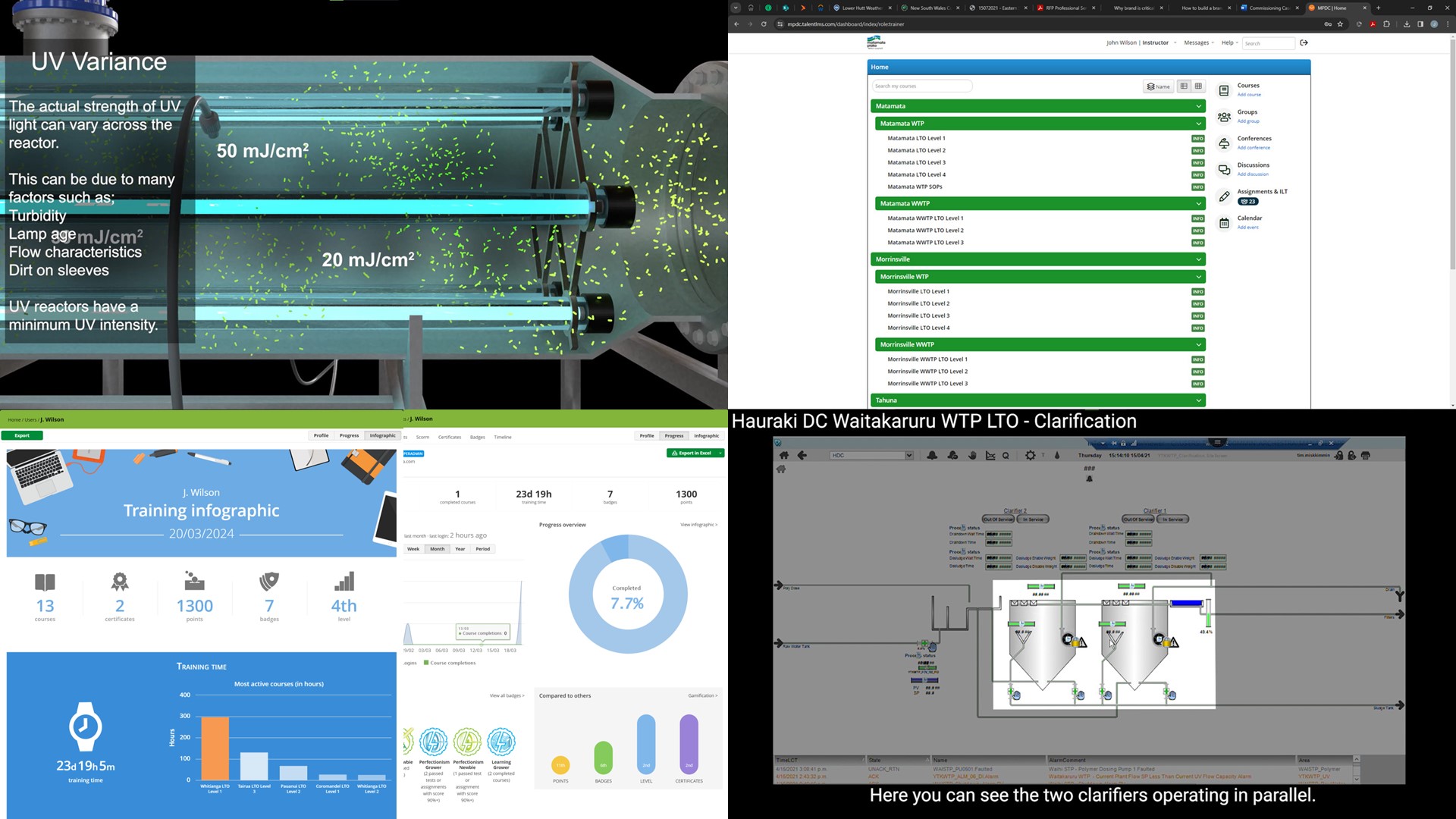
Download the full whitepaper to find out how Lutra are helping solve this important issue.

